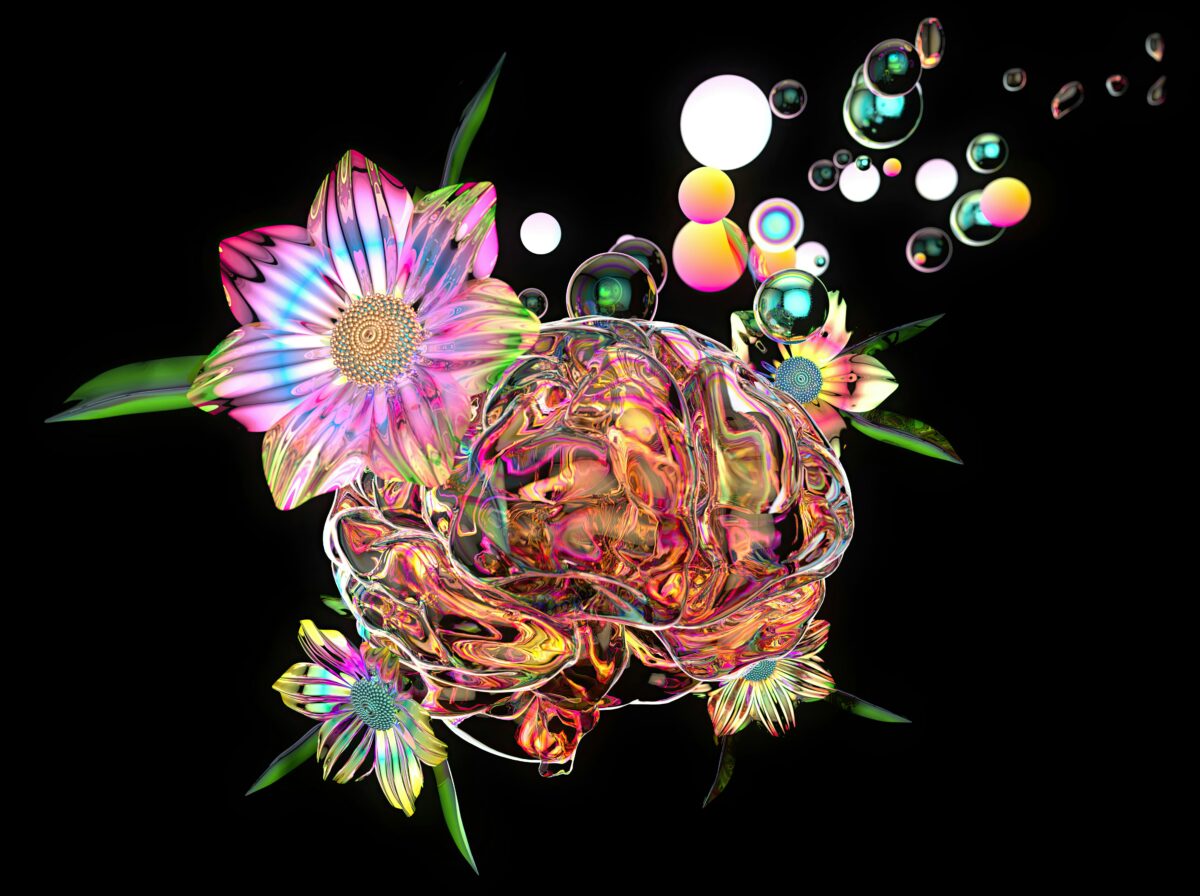Cannabis, integrated into the core of human history, is a remedy and a recreational indulgence. The psychological effects are an intriguing tapestry influenced by strain, dosage, and the individual’s unique make-up.
Notably, it is often the elevation in mood that cannabis users seek. THC is the plant’s major psychotropic component and commonly induces euphoria and relaxation. These sound mood effects are because THC boosts dopamine, the pleasure molecule in the brain. But not everyone’s on cloud nine. In high doses, the way THC affects the amygdala can cause some individuals to feel anxious or paranoid. This dual nature reflects the complexity of the ways cannabis affects mood.
It’s not just our thoughts that are set on a new course under the influence of cannabis; it is also perception. Colors pop, music resonates more deeply, and flavors become vivid, say users often. Such perceptions transform an ordinary task into an enjoyable experience. But for some, this sensory amplification can be too much, leading to overwhelming experiences.
Not even memory and cognition are spared by cannabis. The effect of THC on the hippocampus, the brain’s center for forming memories, blurs the ability to create new ones or retrieve recent events from memory. These are generally straightforward as the high wears off; however, chronic heavy use may leave a more durable mark on cognitive functions.
Another exciting dimension of the use of cannabis is creativity. Quite several artists and thinkers believe that this drug opens up new expanses of the imagination, enabling them to see problems from a fresh perspective. Some research has been carried out to support this, which seems to suggest that marijuana does enhance divergent thinking, which is the type that brings forth many solutions. The creative spark is not guaranteed, however; for each user, it flickers differently.
Therapeutically, there is promise in cannabis, mainly because of its non-psychoactive compound, CBD. Known for being calming, CBD is under research for its ability to relieve anxiety, PTSD, and depression. Unlike THC, CBD does not create a high, so it is attractive to patients looking for relief without the psychoactive roller coaster.
The effects of cannabis are as diverse as its users: some people revel in the substance’s relaxing aura, whereas others find it hard to cope with feelings of anxiety or memory lapses. Understanding these effects is crucial for steering one’s journey into cannabis correctly. Responsible use is critical to learning the best from it and avoiding potential mishaps.
Research is still ongoing, unraveling the great secrets of this oldest of plants. Cannabis is a powerful plant, but knowledge and caution should be appropriate. Understanding its psychological impact allows users to ensure benefits from cannabis use while minimizing risks. This careful approach ensures that the centuries-old relationship between humans and cannabis will flourish harmoniously.

